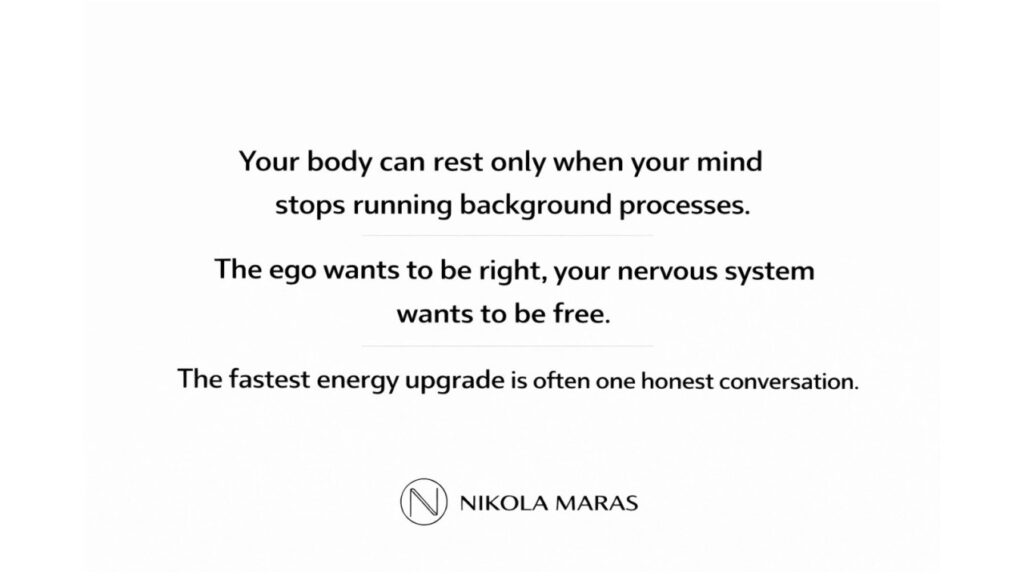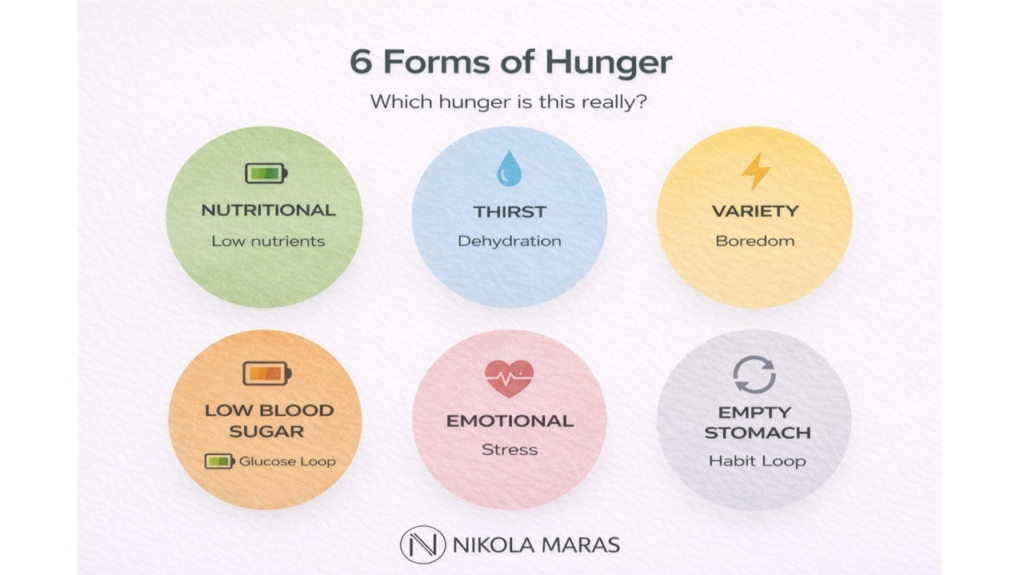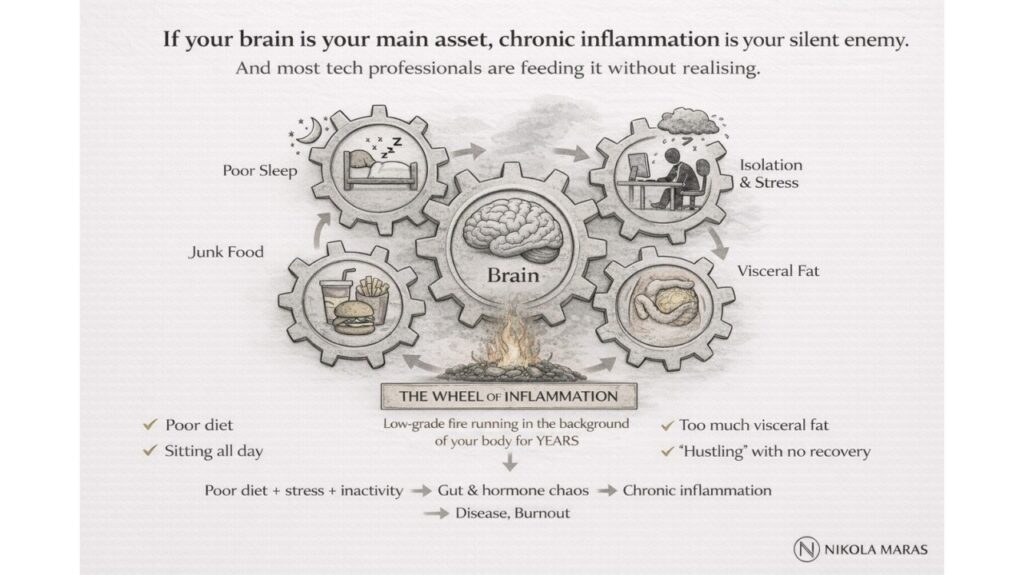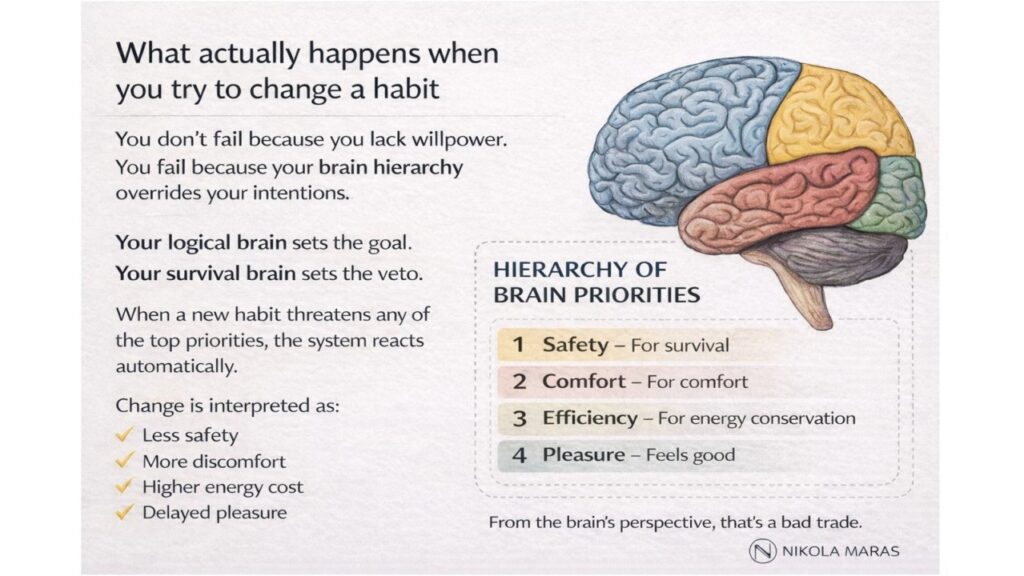How to eliminate multitasking fatigue without doing less work?
If you’re proud of your multitasking as a tech professional, this one might sting a little. I have to admit: only in the last few years did I realise how much multitasking was draining me and making me less effective at work and at home. In The Power of Full Engagement, Tony Schwartz explains something I see every day in tech: Most of us are constantly mixing contexts. We rarely do one thing with full attention. The result? We lose both productivity and joy. The Grey Zone Here’s how it looked for me: That in-between space is the Grey Zone. You’re: The tragedy is that you mean well in both areas, but because your focus isn’t clean, you perform at about 50% of your potential. Sound familiar? A simple exercise to get out of the Grey Zone Here’s the exact practice that helped me and that I now use with tech clients. 1️⃣ Map your Grey Zone Take 5–10 minutes. Write down all the situations where you’re never fully present. For example: Be honest. This is your Grey Zone map. 2️⃣ Decide what actually matters Look at your list and ask: “Which of these areas deserves my full presence, in clean blocks of time?” Put a ⭐ next to at least: These three stars are your high-value arenas. 3️⃣ Create “no Grey Zone” blocks For each starred area, schedule uninterrupted blocks in your week: During those blocks, your rule is simple: “One tab in life at a time.” When you’re at work → you work. When you’re with your family → you’re with your family. When you rest → you actually rest. You’ll be surprised how: As a mental fitness coach for tech professionals, I can tell you: Multitasking isn’t a superpower; it’s a slow leak. The more you live in the Grey Zone, the more exhausted and “never enough” you feel. If you’re ready to step out of the Grey Zone and design a week where your energy, focus, and relationships get your full presence in the right moments… Send me a DM, and I’ll show you how we build this step by step inside my coaching for tech professionals.
How to eliminate multitasking fatigue without doing less work? Read More »





